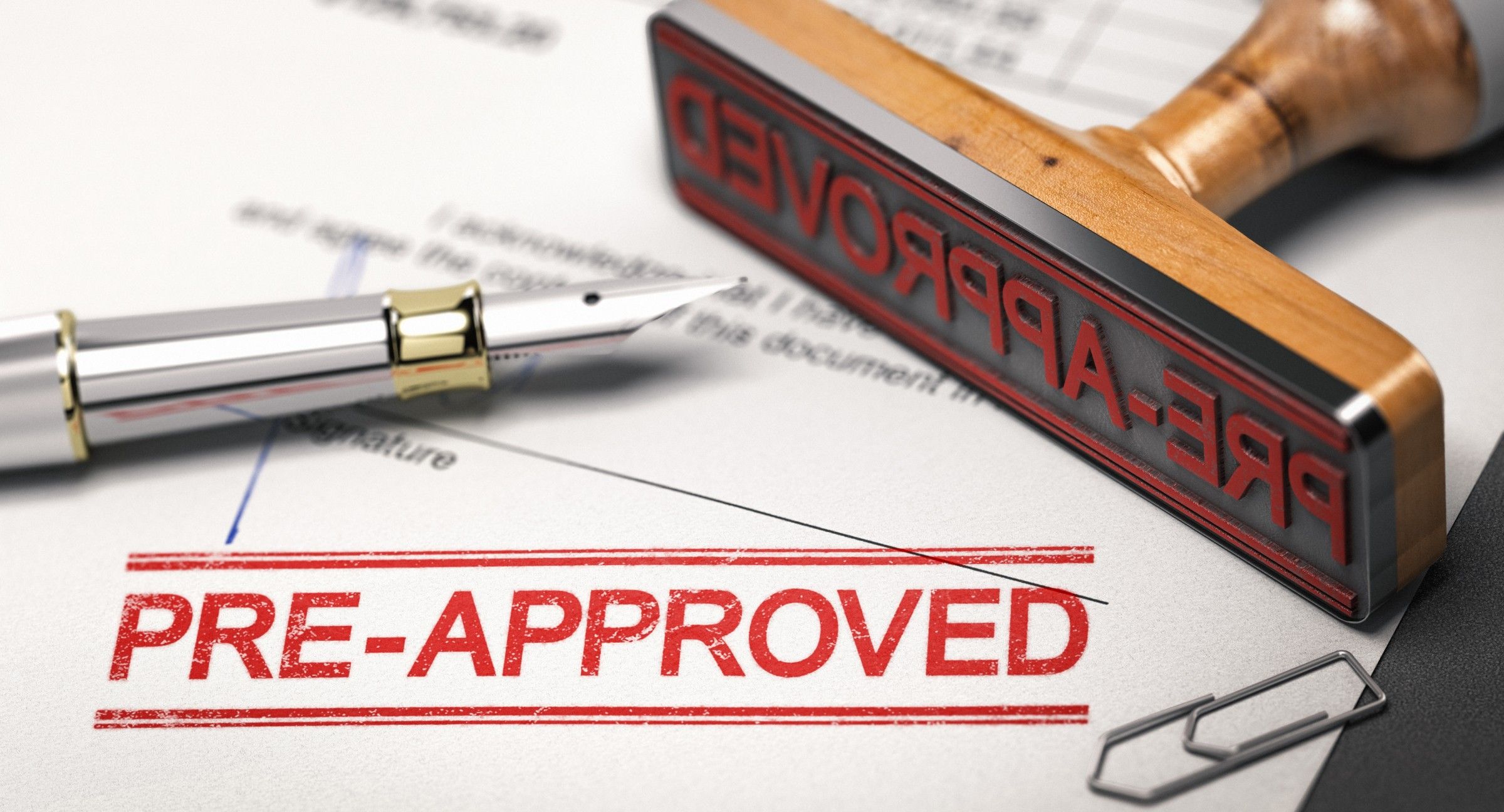
If you’re planning to buy a house, getting prequalified or preapproved can be an essential step in the mortgage process. But while the terms are often used interchangeably, they’re not the same. So, what’s the difference between “prequalified” and “preapproved?”
What Does It Mean to Be Prequalified for a Mortgage?
The main difference between prequalification and preapproval is the level of detail involved. Prequalification is a simple process during which a lender will determine how much money you can borrow. Lenders will look at such information as:
- Your income
- Your assets
- Your credit history
Prequalification doesn’t guarantee how much your lender will allow you to borrow, but it can provide a helpful snapshot so you can refine your budget for your home-buying journey.
What Does It Mean to Be Preapproved for a Mortgage?
A preapproval offer is a lengthier process but carries more weight than prequalification alone. A preapproval letter will contain important details, such as:
- The type of loan you qualify for
- The estimated amount of your loan
- The mortgage rates you might expect
To receive preapproval, the lender must thoroughly evaluate your current finances, including pay stubs, past tax returns, and a “hard” credit inquiry.
Remember that the details in your preapproval letter aren’t final, and all the terms remain dependent on final approval.
Still, a preapproval letter will help you know what to expect once you purchase a home. And in a competitive housing market, a preapproval letter can help you stand out from other buyers by showing that you’re interested and that your lender is willing to back you.
How Long Does the Process Take?
Many mortgage lenders allow you to prequalify in minutes by filling out an online form. The preapproval process, however, takes longer to complete since it involves more information. As a result, it can take anywhere from 24 hours to 10 business days to receive preapproval, depending on your lender and your financial situation.
How Long Does Pre-approval Last?
The terms listed in your preapproval letter typically last 30 business days. After this period, you’d need to repeat the process to receive preapproval. That’s why you should wait until you’re ready to buy a home before applying for preapproval.
Prequalification technically has no expiration date, but home buyers should still consider the terms temporary.
Will Preapproval or Prequalification Lower My Credit Score?
The prequalification process only requires a soft credit inquiry, which will not impact your credit score. The preapproval process, however, requires a hard credit inquiry, which can lower your credit score for at least the short term.
When to Pursue Prequalification vs. Preapproval
Prequalification is a good, quick way to estimate your budget so that it may be helpful at the start of your home-buying journey. But once you’re ready to commit to a property, preapproval can give you a better idea of your loan amount and interest rates.
Nikkael Home Loans specializes in helping those who don’t qualify for conventional home loans. We can help you find your best mortgage solution. Request rates to get started today!
